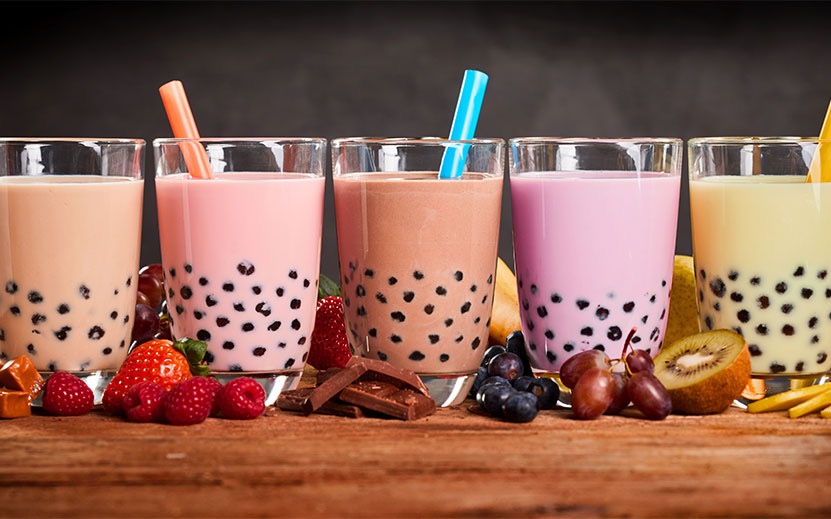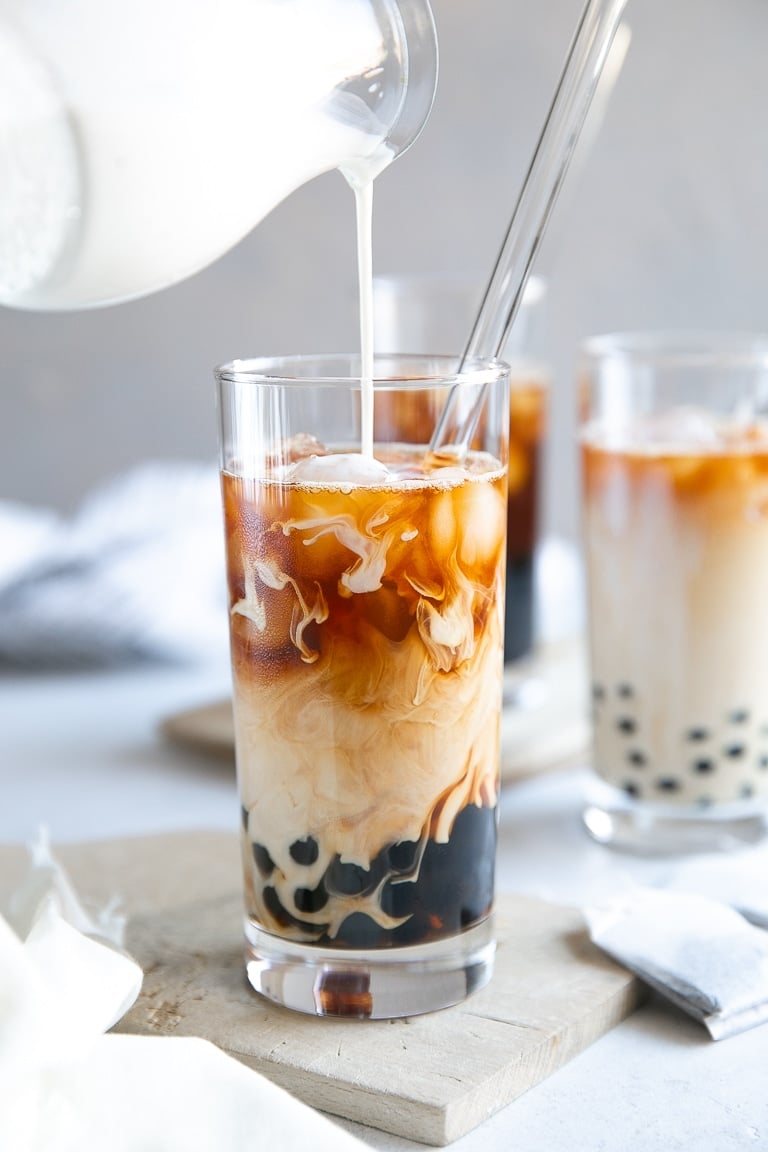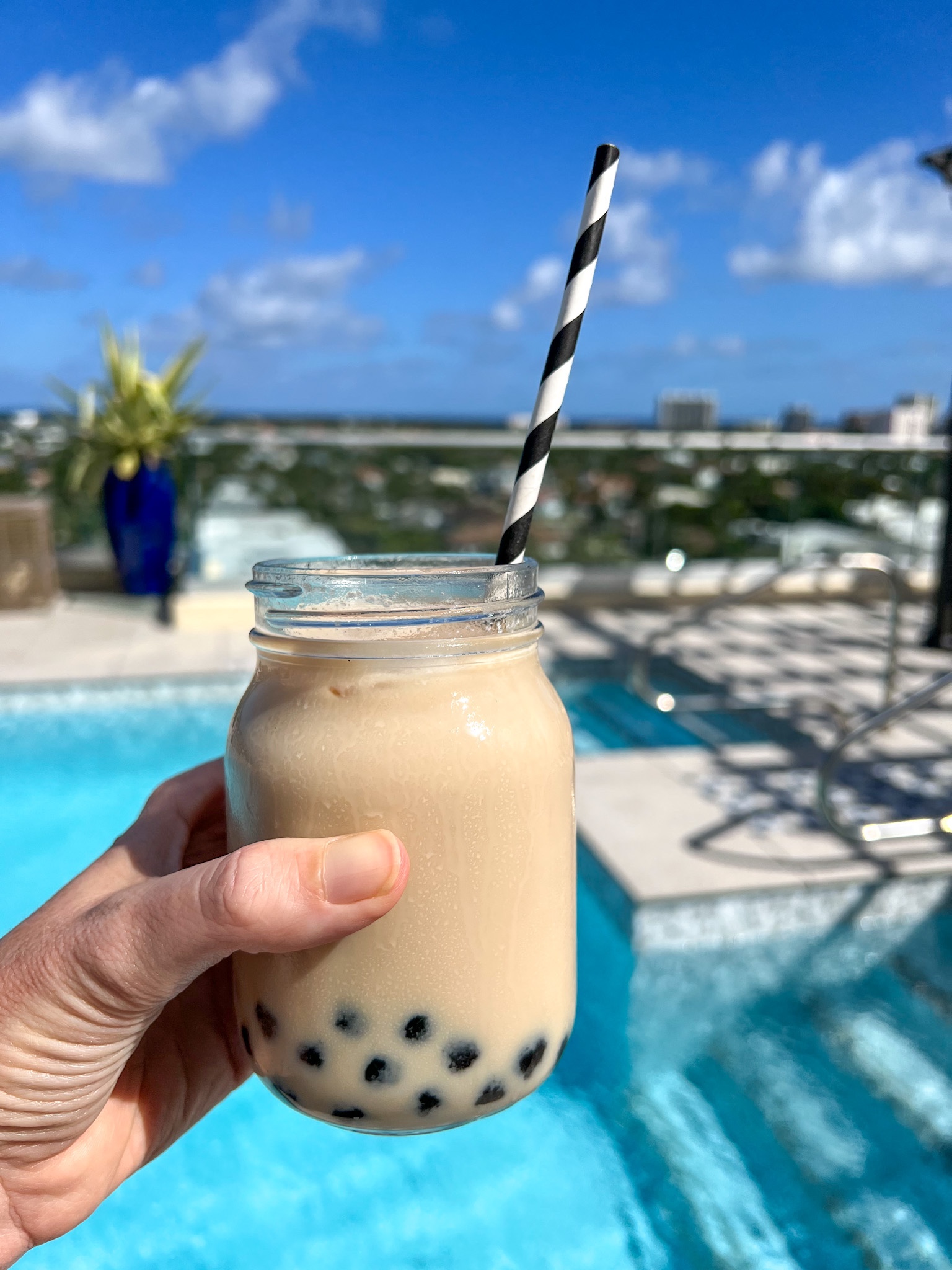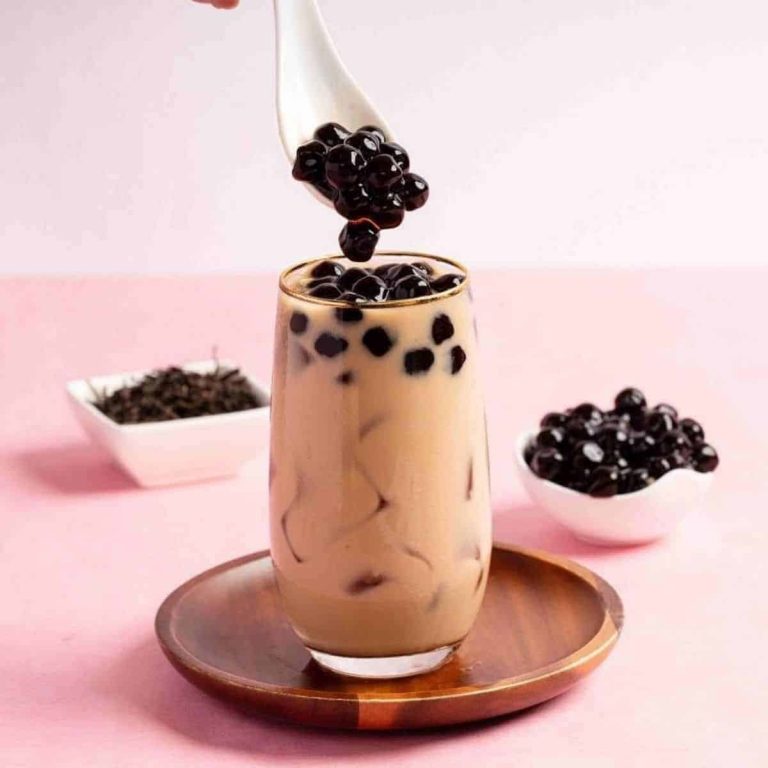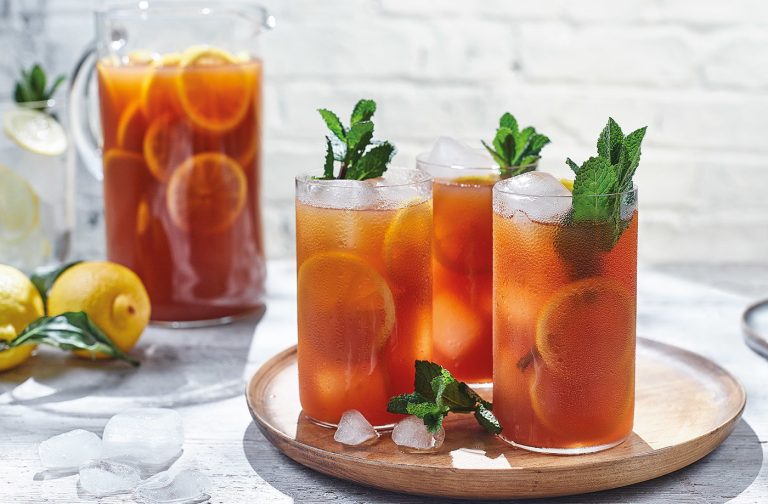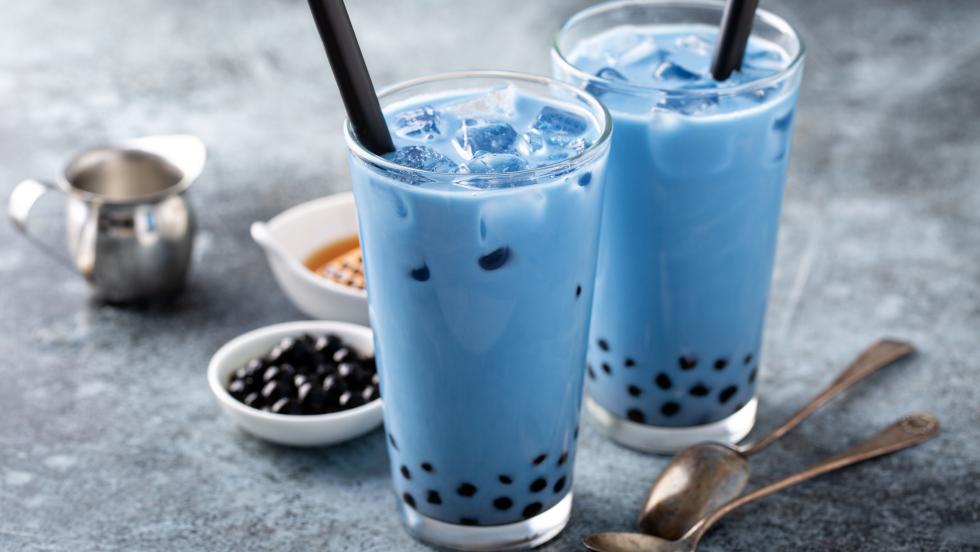
Is Bubble Tea Healthy
Exploring Bubble Tea’s Health Impacts: Can This Trendy Sipper Fit Into a Balanced Lifestyle?
With its bursting boba pearls and ultra-instagrammable cups, bubble tea has become a global sensation. The sweet, creamy drinks filled with chewy tapioca balls satisfy sweet cravings and thirst in one colorful package. But with growing concerns around excessive sugar intake, are these tempting Instagram-worthy beverages actually unhealthy?Is bubble tea healthy?
By clarifying bubble tea’s exact ingredients, examining its nutritional implications, and exploring adjustments for optimizing wellness, fans can continue enjoying their favorite sips moderately. Understanding what truly goes inside those photo-worthy cups is key for making informed decisions about integrating bubble tea without guilt.
Demystifying Bubble Tea’s Signature Ingredients
Is bubble tea healthy?The two foundational elements defining bubble tea are tapioca pearls and brewed tea. Tapioca pearls form from cassava root extract shaped into tiny boba spheres. Their major macronutrient composition comes from carbohydrates with some trace iron, calcium and protein. Brewed tea acts as the base liquid typically enhanced with milk, sweeteners and fruit flavors. Clarifying these core ingredients provides context on nutritional pros and cons.
Evaluating the Nutrition Facts of Popular Bubble Tea Formulas
With countless combinations of flavors, textures and mix-ins available from fruited herbal to creamy coffee blends, examining main variety nutrition profiles showcases insight:
Classic Milk Tea: Brewed black tea blended with milk and sugar equals around 250-300 calories and 30-40 grams sugar for a 16 ounce cup. Milk adds protein and calcium while tea provides antioxidants.
Fruit Green Tea: Lightly sweetened green tea mixed with strawberry or mango puree contains approximately 150 calories plus vitamin C from fruit. The low-calorie unsweetened tea maximizes antioxidant benefits.
Taro Milk Tea: Bold nutty black tea with milk and taro root powder for a violet hue and nutty flavor. With whole milk and added starch but no extra sugar, a 16 ounce taro milk tea carries roughly 350 calories.
Uncovering the Potential Bubble Tea Downsides
While freshly brewed tea itself brings impressive health merits brimming with plant phytonutrients, certain other common ingredients pose problems:
Added Sugars – Sweeteners like cane sugar or honey dramatically spike beverage calories and added sugar amounts without additional nutrition. Excessive intake links higher rates obesity, diabetes and heart disease.
Heavy Cream – Full fat dairy ramps up calories and fat. Some chains even add fatty ingredients like egg custard or powdered cheeses driving up unhealthy fats which can raise cholesterol levels.
Artificial Additives – Many mass-produced powdered mixes or syrups add natural and artificial flavorings, emulsifiers and chemical preservatives that avoid transparency on labels. Reactions or sensitivities become possible.
Lack Additional Nutrients – Despite tasty flavors, most bubble tea recipes supply minimal fiber, protein, probiotics or micronutrients like vitamins or minerals. The tapioca pearls themselves feature mainly just carbohydrates.
Customizing Bubble Tea for Improved Nutrition
Thankfully a few easy adjustments make enjoying these whimsical drinks more nutritionally sound for balanced lifestyles:
- Opt for fresh fruit-based green or black teas to maximize antioxidants and vitamins
- Request just 25-50% sweetness instead of 100% to significantly cut added sugars
- Substitute milk alternatives like nut milks or coconut milk to reduce fat
- Skip heavy cream layers, egg custards or cheese foams topping options
- Choose the smaller 12-14 ounce cup sizes instead of mega 24-32 ounce versions
The Verdict: Enjoy Bubble Tea in Moderation
When ordered consciously by minimizing sweeteners and heavy add-ins while opting for antioxidant-rich teas in smaller sizes, bubble tea reasonably integrates into balanced diets. As with any indulgence from cookie dough ice cream to burrito bowls, moderation stays key.
Prioritizing fruit-and vegetable-infused teas sweetened mildly without heavy cream additions allows for those signature chewy boba pearls without overdoing calories or sugar. As occasional treats, thoughtfully customized bubble tea remains guilt-free and even adds enjoyment to healthy lifestyles.
So next time those boba cravings hit, carefully craft your order to maximize nutrition from fresh brewed teas while limiting sweeteners and unhealthy saturated fats. Then sip away celebrating balanced wellness and satisfying flavors in one cup! With mindful choices guided by understanding core ingredients, bubble tea lovers can confidently continue enjoying this whimsical drink as part of wholesome routines. Moderation wins again!
Can Bubble Tea Help You Lose Weight? Exploring Its Health Benefits
Bubble tea has become a global phenomenon, loved for its delightful blend of chewy tapioca pearls and an array of fruity or milky flavors. However, when it comes to weight loss, many health enthusiasts wonder if this sweet treat could actually aid their efforts. Is bubble tea healthy?
The Nutritional Breakdown
To assess bubble tea’s role in weight loss, let’s first dissect its components. The base of most bubble teas is either milk or fruit-flavored syrup, which can contribute significant amounts of sugar and calories. Tapioca pearls, or boba, are made from cassava starch and typically contain added sugars too. While they do provide some carbohydrates for energy, their high-calorie count might not be ideal for those watching their waistline.
Healthier Alternatives
Despite its indulgent nature, there are ways to make bubble tea healthier. Opting for sugar-free syrups, using low-fat milk or non-dairy alternatives, and choosing naturally sweetened teas can significantly reduce calorie intake. Moreover, swapping traditional tapioca pearls with fiber-rich chia seeds or even less sugary jelly cubes may also help balance the equation.
Calorie Consumption Considerations
While bubble tea isn’t calorie-free, occasional consumption as part of a balanced diet won’t necessarily sabotage weight loss efforts. However, frequent intake of large servings or highly-sweetened versions could lead to excess calorie consumption, potentially hindering weight loss progress. Remember, successful weight management largely depends on maintaining a calorie deficit.
Potential Benefits
On the flip side, certain aspects of bubble tea could have positive implications for weight loss. Green tea, for instance, is a common base used in many bubble teas and contains caffeine and antioxidants that may boost metabolism and fat burning. However, these effects are often outweighed by the high sugar content in most commercial preparations.
Conclusion
In conclusion, bubble tea isn’t inherently unhealthy, but it should be consumed mindfully if you’re aiming to lose weight. By making smart choices such as reducing sugar content, opting for lighter bases, and enjoying it in moderation, you can incorporate bubble tea into your lifestyle without derailing your fitness goals. Ultimately, a balanced diet and regular exercise remain the cornerstone of sustainable weight loss. If you find yourself craving bubble tea, enjoy it as an occasional treat rather than a daily staple, and focus on overall dietary quality for lasting success.
